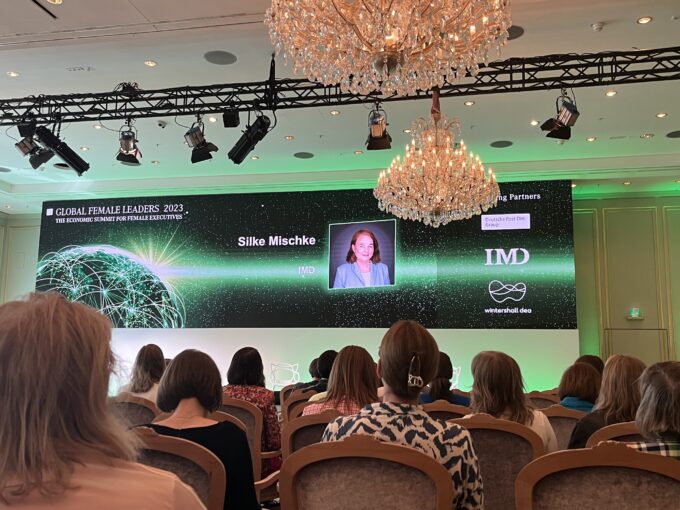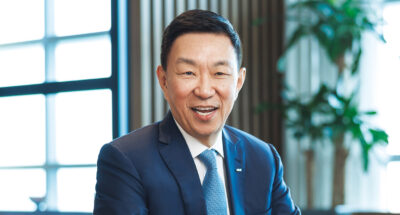Over time, you can use this data to interpret what led to these emotions, understand how the emotional response helped or hindered, and, if necessary, learn how to generate a different response to adapt to the situation.
Encourage others to share their feelings
As a leader, it’s important to establish team ground rules around the importance of empathy. In meetings, share how you feel about a situation and encourage others to do the same by asking questions. Listen actively to the feelings mentioned by your team members and connect with them.
While words are important, it’s also important to be aware of body language and pay attention to these cues. At the same time, show others you are actively listening and taking their perspective, by using a statement such as, “Listening to you makes me feel…” and, “I wonder…” If you feel others are stuck in an emotion that’s not helpful, ask a question that allows them to take a different perspective.
Don’t let empathy disappear into the fog
Despite the growing recognition of the importance of empathy, I feel we are nonetheless at a critical juncture when it comes to our emotional skills. The Mists of Avalon is a historical fantasy novel by US writer Marion Zimmer Bradley published in 1983. In the novel, the mists serve as a metaphor for the veil that separates the mundane world of the mortals (kings, knights, and ladies), from the magical realm of the Goddess and the priestesses of Avalon. The mist also represents the blurred lines between truth and illusion, between the known and the unknown, as the characters struggle to discern what is real and what is myth in the world of Arthurian legend.
I see it as a beautiful metaphor for what might be happening to humans right now. As we focus on technology and AI as the new realm, our human skills and wisdom risk disappearing into the fog. Rather than seeing AI as a threat, we should consider how we can develop our most unique human skills, such as empathy, and envision how we can embrace both worlds in an integrative approach.
If empathy is so important, we need to start by changing our education system and designing schools that incorporate empathy training into our curriculum from an early age.







